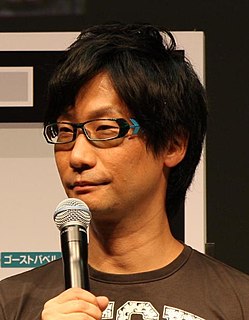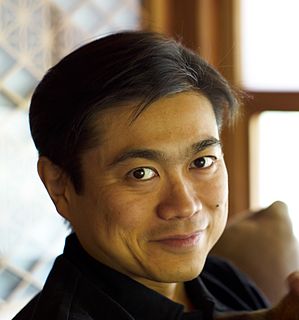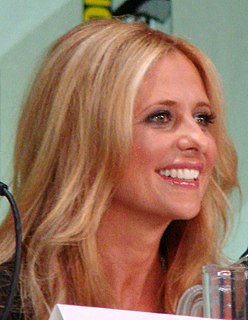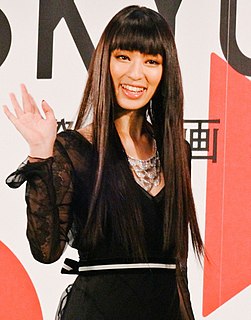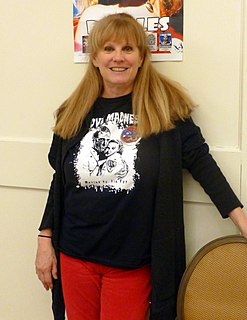A Quote by Rei Kawakubo
I've always said that, growing up in postwar Japan, I never felt any connection to my work through those experiences. The work I do really comes from inside myself. For me, being born in Japan was an accident.
Related Quotes
I remember my very first encounter with Japan. At that time, I was Deputy Mayor of St Petersburg. Out of nowhere, Japan's Consul General in St Petersburg came to my office and said Japan's Ministry of Foreign Affairs wanted to invite me to Japan. I was very surprised because I had nothing to do with Japan except being a judoka. This was an opportunity to visit Tokyo and a couple of other cities. And, you know, a capital is a capital everywhere: there is the official script and certain protocol. It is always easier to talk in the provinces, the conversation is more natural.
I really love Japan, and I liked living there very much, and there are so many terrific things about Japan. However, I do think what's amazing is that Japan really prides itself on being monoracial. It doesn't have the same kind of idea as in the U.K. or Canada or the United States, in which the idea of diversity is a strength.
I think Japans work really hard, and when they have a chance to listen to music, they just go crazy. And the Ramones would be a natural fit for Japan, because Japan invented the cartoon, and the Ramones, especially in Rock 'N' Roll High School, are very cartoonish. So it'd be a perfect group for them.
Koizumi was not rooted in Japan's rightwing nationalist tradition: he was a pragmatist and a populist. Abe, in contrast, is a rightwing nationalist. Unlike Koizumi, for example, he has questioned the validity of the postwar Tokyo trials of Japan's wartime leaders, which found many of them guilty of war crimes.

